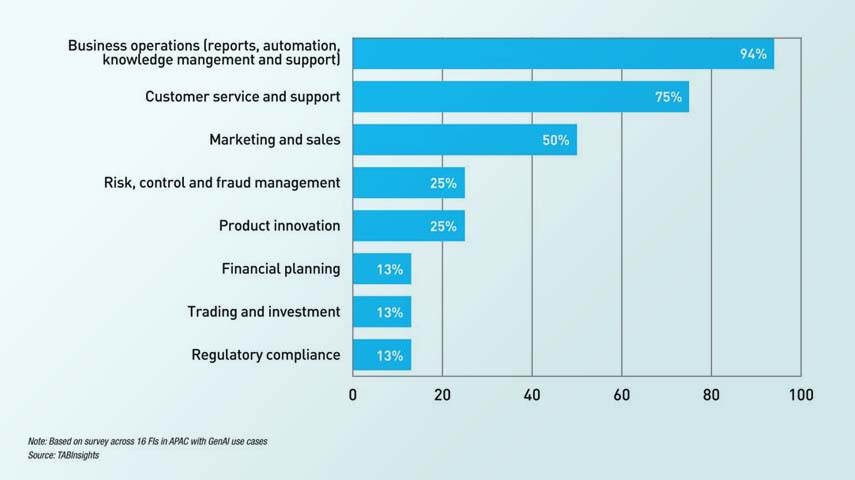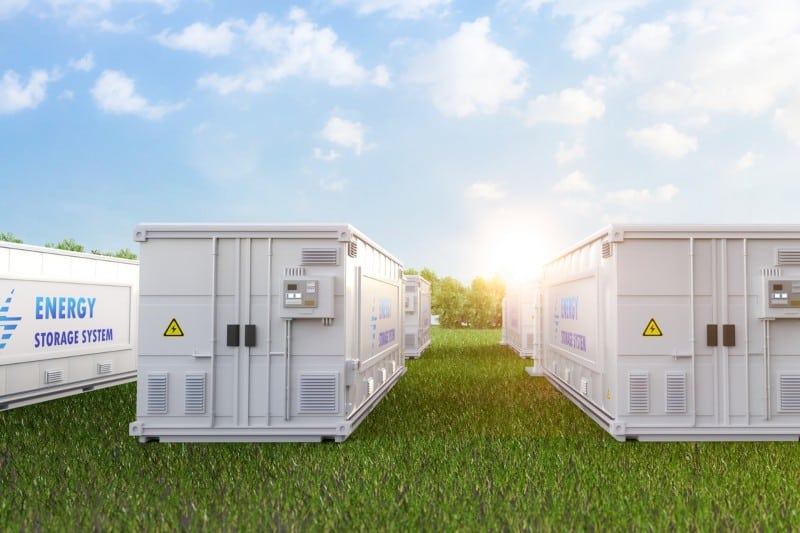Clean Fuels Classic Golf Event Promotes Sustainable Development Goals
Event Overview and Registration Details
The Wisconsin Soybean Association (WSA) is hosting the second annual Clean Fuels Classic golf tournament on July 28, 2025, at the Evansville Golf Club in Evansville, Wisconsin. Registration closes on July 1, 2025, and interested participants are encouraged to secure their tee times promptly as spots are filling quickly.
- Date: Monday, July 28, 2025
- Location: Evansville Golf Club, 8501 N Cemetery Rd, Evansville, WI 53536
- Cost: $100 per golfer or $400 per four-person team
- Schedule:
- 11 a.m. – Registration
- 12 p.m. – Shotgun start
- 5 p.m. – Dinner
The registration fee includes 18 holes of golf, cart rental, meal, and drink tickets. Teams and individual players can register online by July 1 at https://wisoybean.org/wsa/golf-registration/. Sponsorship opportunities are also available by contacting Erin Rossow via email.
Supporting Sustainable Agriculture and Clean Energy (SDGs Focus)
The Clean Fuels Classic serves as a fundraising event to support the Wisconsin Soybean Association’s advocacy efforts on behalf of nearly 17,000 soybean farmers in Wisconsin. The event aligns with several United Nations Sustainable Development Goals (SDGs), including:
- SDG 7: Affordable and Clean Energy – By promoting biodiesel, renewable diesel, and sustainable aviation fuel, the event supports the development and adoption of clean energy alternatives.
- SDG 12: Responsible Consumption and Production – The event encourages sustainable agricultural practices and the use of renewable fuels derived from soybeans, reducing reliance on fossil fuels.
- SDG 13: Climate Action – Supporting biofuels contributes to lowering greenhouse gas emissions and mitigating climate change impacts.
- SDG 15: Life on Land – By advocating for sustainable farming, the WSA helps preserve ecosystems and promotes biodiversity on agricultural lands.
Partnerships and Industry Impact
The WSA collaborates with Clean Fuels Alliance America to advance the biofuels industry. This partnership strengthens efforts to:
- Promote sustainable biodiesel, renewable diesel, and sustainable aviation fuel industries.
- Coordinate technical, environmental, and quality assurance programs.
- Provide a unified voice for advocacy, communications, and market development.
Wisconsin currently consumes approximately 27 million gallons of biodiesel annually, generating around $5 million in revenue. This consumption supports local farmers and contributes to a sustainable economy.
Event Objectives and Benefits
- Raise funds to support farmer advocacy and sustainable agricultural practices.
- Unite farmers, industry leaders, and partners in a collaborative and enjoyable setting.
- Enhance awareness of clean fuel alternatives and their environmental benefits.
- Support the long-term viability of soybean farming in Wisconsin through proactive advocacy.
How to Participate
To participate in the Clean Fuels Classic or to inquire about sponsorship opportunities, individuals and organizations can:
- Register online by July 1 at https://wisoybean.org/wsa/golf-registration/.
- Contact Erin Rossow via email for sponsorship details.
Conclusion
The Clean Fuels Classic exemplifies a commitment to sustainable development by promoting clean energy solutions and supporting agricultural communities. Through this event, the Wisconsin Soybean Association advances multiple Sustainable Development Goals, fostering environmental stewardship, economic growth, and social well-being for current and future generations.
1. Sustainable Development Goals (SDGs) Addressed or Connected
- SDG 7: Affordable and Clean Energy
- The article discusses biodiesel, renewable diesel, and sustainable aviation fuel, which are clean energy sources.
- SDG 12: Responsible Consumption and Production
- Promotion of sustainable biofuels aligns with sustainable production practices.
- SDG 13: Climate Action
- Supporting clean fuels helps reduce greenhouse gas emissions contributing to climate change mitigation.
- SDG 2: Zero Hunger
- Supporting soybean farmers promotes sustainable agriculture and livelihoods.
- SDG 8: Decent Work and Economic Growth
- The event supports farmer livelihoods and economic activity related to soybean production and biofuel industries.
2. Specific Targets Under Those SDGs Identified
- SDG 7: Affordable and Clean Energy
- Target 7.2: Increase substantially the share of renewable energy in the global energy mix.
- SDG 12: Responsible Consumption and Production
- Target 12.2: Achieve the sustainable management and efficient use of natural resources.
- SDG 13: Climate Action
- Target 13.2: Integrate climate change measures into national policies, strategies, and planning.
- SDG 2: Zero Hunger
- Target 2.3: Double the agricultural productivity and incomes of small-scale food producers.
- SDG 8: Decent Work and Economic Growth
- Target 8.3: Promote development-oriented policies that support productive activities and decent job creation.
3. Indicators Mentioned or Implied to Measure Progress
- Indicator for SDG 7.2:
- Share of renewable energy in total final energy consumption (implied by the promotion and consumption of biodiesel and renewable fuels in Wisconsin).
- Indicator for SDG 12.2:
- Material footprint, material footprint per capita, and material footprint per GDP (implied through sustainable biofuel production and use).
- Indicator for SDG 13.2:
- Number of countries with nationally determined contributions, strategies or plans that include climate change measures (implied through advocacy efforts supporting clean fuels).
- Indicator for SDG 2.3:
- Volume of production per labour unit by classes of farming/pastoral/forestry enterprise size (implied by support to soybean farmers).
- Indicator for SDG 8.3:
- Proportion of informal employment in non-agriculture employment, by sex (implied through economic support and advocacy for farmers and related industries).
- Additional Implied Indicator:
- Annual biodiesel consumption in Wisconsin (27 million gallons) and related revenue ($5 million), which can measure economic and environmental impact.
4. Table of SDGs, Targets and Indicators
| SDGs | Targets | Indicators |
|---|---|---|
| SDG 7: Affordable and Clean Energy | 7.2 Increase substantially the share of renewable energy in the global energy mix. | Share of renewable energy in total final energy consumption; Biodiesel and renewable fuel consumption in Wisconsin (27 million gallons annually). |
| SDG 12: Responsible Consumption and Production | 12.2 Achieve sustainable management and efficient use of natural resources. | Material footprint and sustainable biofuel production/use. |
| SDG 13: Climate Action | 13.2 Integrate climate change measures into national policies, strategies, and planning. | Number of climate change policies including clean fuel advocacy efforts. |
| SDG 2: Zero Hunger | 2.3 Double the agricultural productivity and incomes of small-scale food producers. | Volume of production per labour unit; Support to soybean farmers. |
| SDG 8: Decent Work and Economic Growth | 8.3 Promote development-oriented policies supporting productive activities and decent job creation. | Proportion of informal employment; Economic impact of soybean farming and biofuel industry ($5 million revenue). |
Source: morningagclips.com







